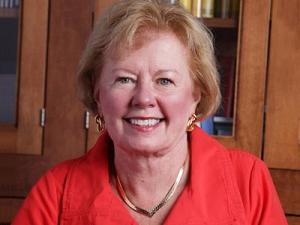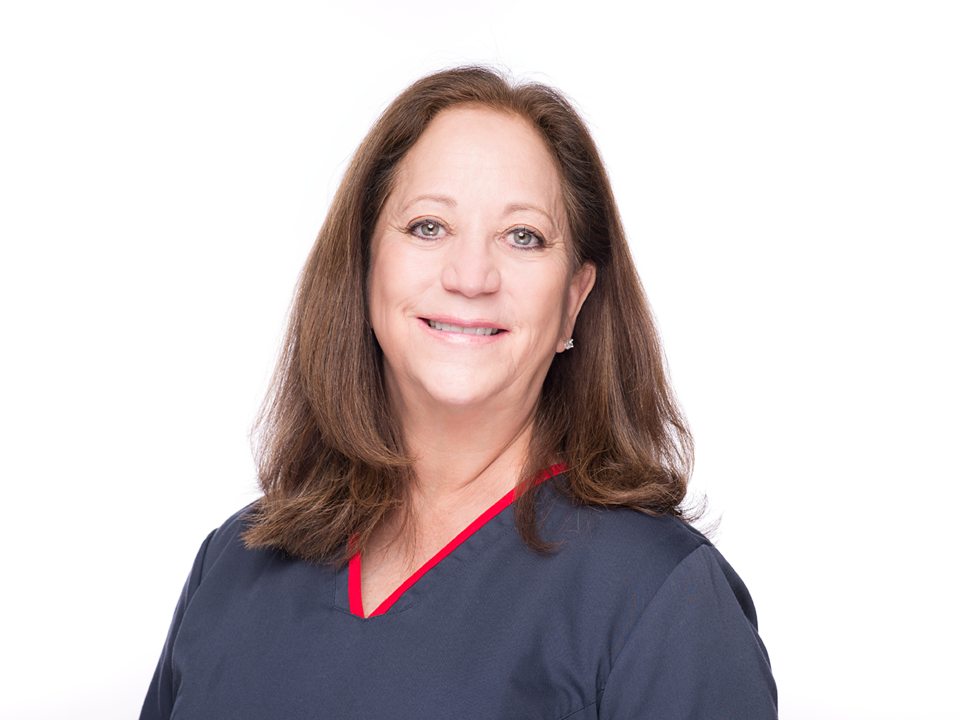Featured
Tags
Share

In an increasingly complex healthcare landscape, healthcare leaders are exploring solutions for improving patient outcomes and efficiency while managing costs. Many are taking a closer look at a person and family-centered care, an evolving approach for nurses and other clinicians to streamline and improve care by engaging patients and their families as partners in the care process.
Person and Family-Centered Care, published by The Honor Society of Nursing, Sigma Theta Tau International, explores this approach to caregiving with insight from authors Joanne Disch, Ph.D., RN, FAAN, Jane Barnsteiner, Ph.D., RN, FAAN, and Mary K. Walton, MSN, MBE, RN.
As a nursing assistant embarking on her career, Dr. Disch was driven by a desire to help alleviate patients’ pain. “I once pondered entering a math-focused occupation, but realized I was drawn to the human connections nursing offered,” she explained. “In the intensive care unit, I learned firsthand the value of relationships with patients and their families.”
Dr. Disch, chair of the Chamberlain College of Nursing Board of Trustees and professor ad honorem at the University of Minnesota School of Nursing, explains how a heightened focus on these relationships can improve healthcare:
What is person and family-centered care?
This philosophy is not new but has recently been given new life amid the changing healthcare landscape. For healthcare providers, person-centered care is a refreshed way of thinking. In contemporary society, “patient” is a limiting word. Patients want to play a role in their healthcare and become partners with clinicians. The fundamental core of nursing is to work with the patient, not for the patient.
Similarly, families do not want to be considered mere visitors in the healthcare setting. They want to be accepted as key decision-makers in their loved ones’ care and part of a two-way conversation. Person and Family-Centered Care helps nurses, nursing students, and other healthcare professionals blend these drivers into a holistic approach to care.
Why are healthcare providers taking a closer look at person and family-centered care?
This holistic approach improves care while also improving efficiency. For example, a doctor prescribes insulin to a patient with diabetes. A nurse teaches the patient how to use the syringe, so he can continue treatment at home.
However, in conversation with the patient about how this will work in his daily life, the nurse learns that the patient lives in a group home and doesn’t have access to a refrigerator for storing the insulin. The nurse works with a social worker to find a portable refrigerator that the patient can keep in his room. In person and family centered care, the nurse looks holistically at the situation and works with the individual (and family) to personalize the care to achieve care goals.
A person and family centered care model allows healthcare professionals to partner with the patient to look at their lifestyle and needs and involve them in education, preventative care, diagnostics, symptoms management and decision making options for treatment.
In many cases, family members who assist with the treatment process have a better understanding of allergies and existing prescriptions at play than the patient themself. They can help maximize the effectiveness of care once the patient leaves the healthcare setting.
Do you have advice for nurses who want to incorporate this approach into their job function?
1) Continue learning. It’s important to understand the healthcare landscape across the country and around the world – even after graduation. Analyze healthcare trends and identify where you can make a positive impact on your patients, colleagues and in the community.
2) Stay balanced. It’s important to create a connection of honesty and openness with your patients, but remember your primary role is healthcare provider.
3) Know your assessment tools. Be honest with yourself and use your critical thinking skills to create the best solutions for your patients.
4) Don’t get discouraged. If you believe in person and family centered care, champion it and take steps to implement it in your unit or department. Stay true to your passion and what ignites you to make a difference in your work.
What is the key to success for person and family centered care models?
Maintaining the focus on what the person and family thinks needs to be done and working with them to incorporate that into the plan of care.
Have you incorporated person and family centered care into your work as a nurse? What have your experiences been?
By Jennifer Bouchard
More from Home
Request More Information
To receive the Chamberlain University Program Guide, including associated career paths, please select a program of study.






